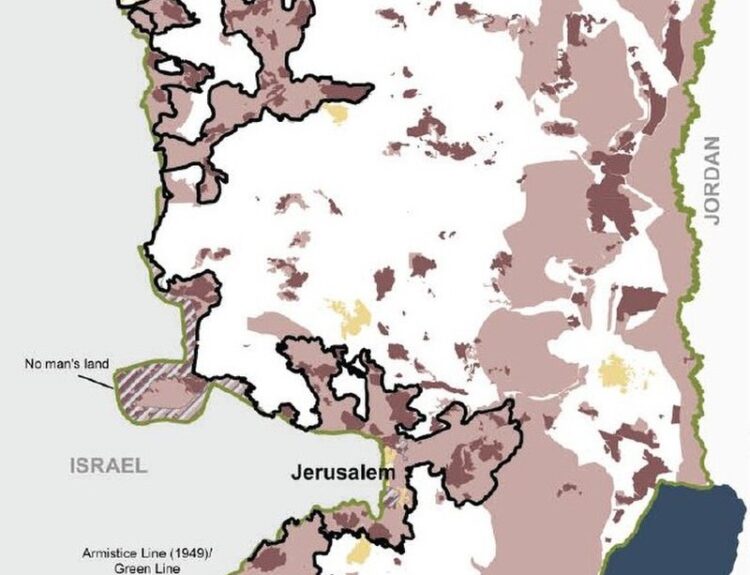As Debby wreaks havoc, Southern cities brace for unprecedented rainfall and flooding.
- Tropical Storm Debby caused at least four deaths and significant flooding in Florida.
- Record rainfall of up to 30 inches is expected, threatening historic Southern cities.
- A flash flood emergency was declared for Lake City, Florida, with ongoing risks as the storm moves north.
- Nearly 200,000 customers lost power in Florida and Georgia, with restoration efforts underway.
- Air travel disruptions occurred, with over 1,600 flights canceled nationwide.
- Curfews were implemented in Savannah, Georgia, and Charleston, South Carolina, due to severe weather conditions.
- North Carolina declared a state of emergency as flooding risks increase along its coastline.
Tropical Storm Debby has unleashed torrential rain and high winds across Florida, leading to at least four fatalities and significant flooding. The National Hurricane Center warns that some areas could see record rainfall of up to 30 inches, particularly threatening low-lying historic cities like Savannah, Georgia, and Charleston, South Carolina. In Florida, central and northern regions are forecasted to receive up to 18 inches of rain. A flash flood emergency has been declared for Lake City, where a foot of rain has already fallen, with more on the way. Florida Governor Ron DeSantis cautioned that even as the storm moves into Georgia, Florida will still face risks from rising waterways. Debby made landfall as a Category 1 hurricane but has since weakened to a tropical storm, moving slowly and causing widespread road flooding. Tragically, a truck driver lost his life in a crash on Interstate 75, and a 13-year-old boy died when a tree fell on a mobile home. In total, nearly 200,000 customers were without power in Florida and Georgia, although restoration efforts are ongoing with 17,000 linemen deployed. Airports have also been affected, with over 1,600 flights canceled, particularly in Florida. Local leaders in Savannah are preparing for potential flooding in areas that typically remain dry, while Charleston has implemented emergency measures, including curfews and sandbag distribution. North Carolina has declared a state of emergency as it braces for flooding risks along its coastline. President Biden has approved emergency declarations for both Florida and South Carolina, while Georgia’s governor has requested federal assistance. The storm’s impact is reminiscent of previous catastrophic floods in the region, raising concerns about the potential for significant damage and loss of life.·
Factuality Level: 7
Factuality Justification: The article provides a detailed account of Tropical Storm Debby’s impact, including specific data on rainfall, fatalities, and emergency responses. However, it includes some anecdotal quotes and background information that may not be directly relevant to the main topic, which slightly detracts from its overall factuality.·
Noise Level: 7
Noise Justification: The article provides a detailed account of Tropical Storm Debby’s impact, including specific data on rainfall, fatalities, and emergency responses. It holds officials accountable by quoting them and discussing the consequences of the storm. However, it lacks deeper analysis of long-term trends or systemic resilience, and while it is informative, it does not offer actionable insights or solutions for readers.·
Key People: Ron DeSantis (Governor of Florida), David Rathbun (Fire Chief of Sarasota County), Chester Ellis (Chairman of Chatham County), Ben Webster (Interim Emergency Director of Charleston County), Roy Cooper (Governor of North Carolina), Joe Biden (President of the United States), Brian Kemp (Governor of Georgia), Kamala Harris (Vice President of the United States)
Financial Relevance: Yes
Financial Markets Impacted: The article discusses the impact of Tropical Storm Debby on Florida and surrounding states, which can affect local economies, insurance markets, and infrastructure investments.
Financial Rating Justification: The article details a natural disaster that can lead to significant economic consequences, including damage to property, disruption of businesses, and potential impacts on insurance claims and federal aid, all of which are relevant to financial topics.·
Presence Of Extreme Event: Yes
Nature Of Extreme Event: Natural Disaster (earthquake, hurricane, floods, wildfires, tsunamis, etc.)
Impact Rating Of The Extreme Event: Major
Extreme Rating Justification: The storm caused at least four deaths, significant flooding, and widespread power outages affecting nearly 200,000 customers. The potential for further flooding and damage in historic cities indicates a serious impact on infrastructure and community safety.·
 www.marketwatch.com
www.marketwatch.com 





